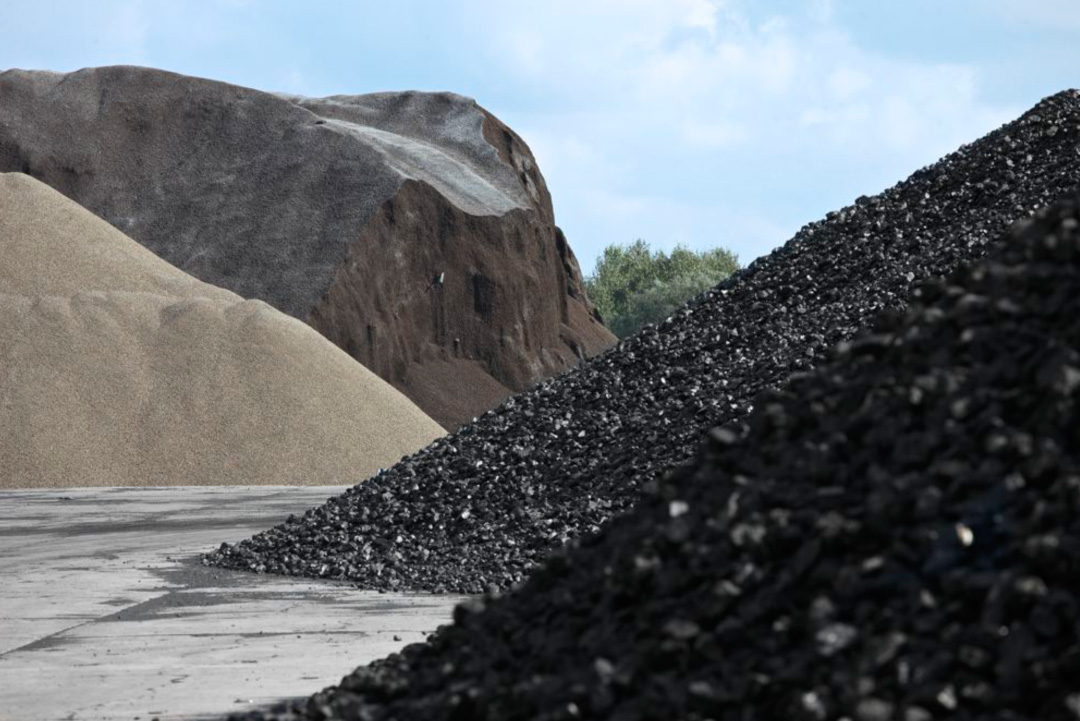„Poland’s dependence on coal is substantial, it accounts for more than 70 percent of electricity production. This is good and important news,” says Szymon Kardaś, senior policy fellow at the European Council on Foreign Relations, in an interview with BiznesAlert.pl.
BiznesAlert.pl: The Council of the European Union has reached a compromise on contracts for difference, with France and Germany being the main stakeholders. What does this mean for the European Union, and especially for Poland?
Szymon Kardaś: First of all, this is very good news. There has been some controversy in the European Union for a long time over this. It was not just about the energy market as a whole, but it also orbited around very specific point-based elements. One of them was nuclear energy. To put it in a nutshell there was a dispute about whether it should be treated the same way as the cleanest energy sources, as classic renewables. The conflict was mainly between Germany and France. France is known to be the main proponent of nuclear energy, while Germany is moving away from the atom. The compromise recognized that investments in nuclear projects could be considered as eligible for support mechanisms. This is a success for France, which was interested in taking into account the participation of nuclear energy in its energy mix, but also for several other countries forming a kind of atomic alliance. These include Poland, which does not yet have nuclear power in its mix, but is vitally interested in it, taking into account both the so-called large and small nuclear projects. Therefore, the news about this consensus is good, but at the same time it must be noted that this is not the end of the legislative process. This compromise paves the way for the so-called trilogue, that is, the continuation of negotiations in the Council-Parliament-European Commission format. Only when a final agreement is reached there, will we be able to talk about a full success. However, this is a step in the right direction.
What does the coal derogation mean for Poland?
That’s good news, too. Considering the EU’s political and energy agenda, the 2050 emissions neutrality plan, decarbonisation is a priority for both the Union as a whole and for individual member states. Countries that have a high share of coal in the energy mix, such as Poland, should reduce it. But one needs to remember to do it rationally. Our dependence on coal is substantial, it accounts for more than 70 percent of electricity production. The derogation allows us to catch a breath, this is good and important news. At the same time, the preparation of a more ambitious path away from coal should be the subject of discussions and some decisions in the coming years. It looks like the circumstances will be favorable. Most likely, we the power in Poland will be seized by political forces that have more ambitious plans for decarbonization than their predecessors. We should use the time we get from the derogation decision to prepare a plan that will allow us to decarbonise faster than the end of the 2040s. A decarbonisation roadmap should be prepared in the coming years, so as not to waste any more time taking into account the challenges of climate protection, both as Europe and as individual countries. We need to reduce our dependence on fossil fuels as soon as possible.
What was the role of Poland in the discussion that led to the aforementioned consensus?
We are a country interested in developing nuclear energy and are part of the so-called nuclear alliance, which brings together several EU countries. The French have been consulting on this issue for many months, so this kind of position is undoubtedly important. It was mostly said that this was a dispute between France and Germany, but when France is joined by a large group of other countries interested in the atom, it is easier to negotiate. As for the extension of support mechanisms in the capacity market, Poland was vitally interested in this. Details of these negotiations are likely to be leaked in the coming days, including on the role of Poland. But will this compromise ultimately be in line with the preliminary arrangements? We’ll have to wait for that. So far, we’re on the right track.
Interview by Marcin Karwowski









